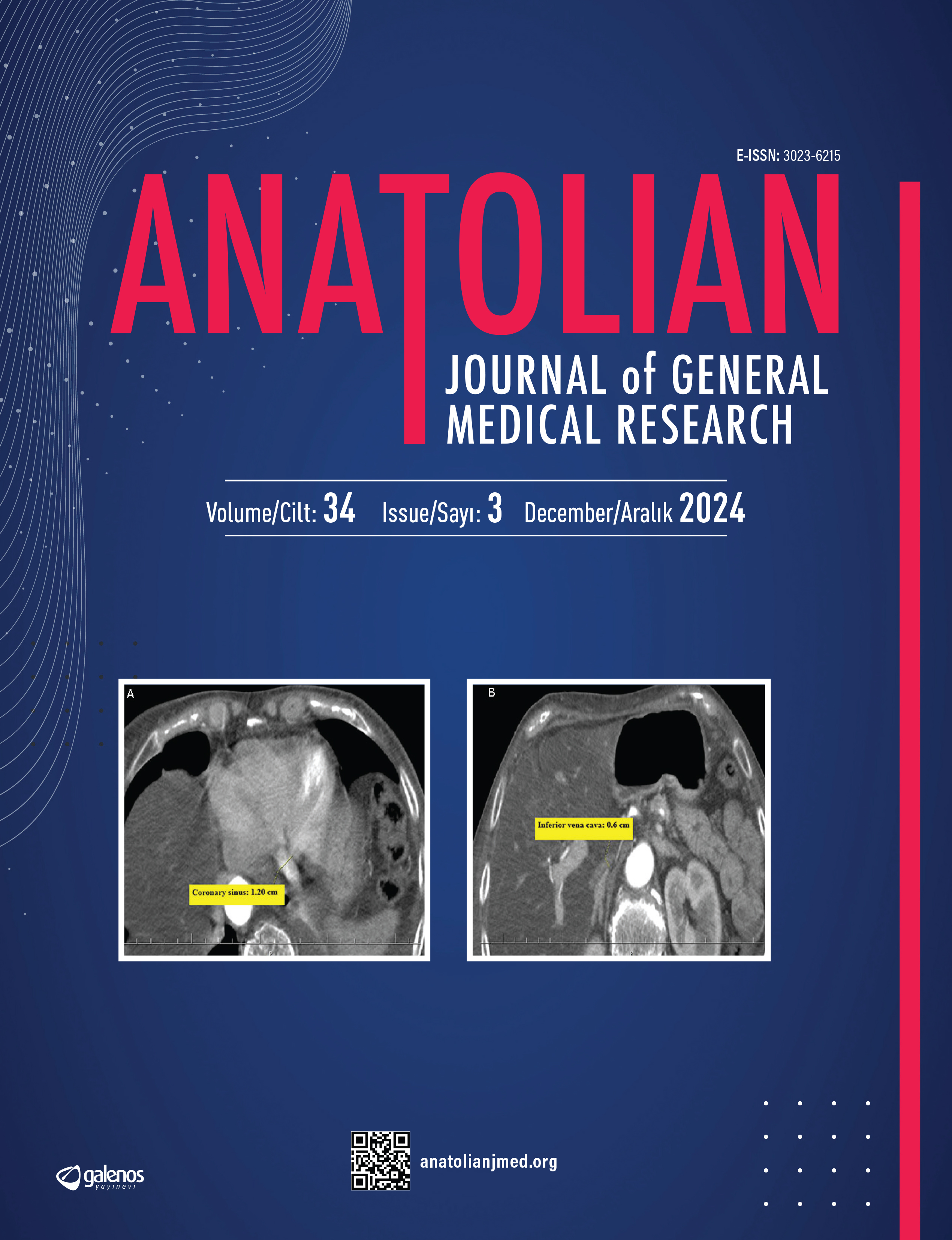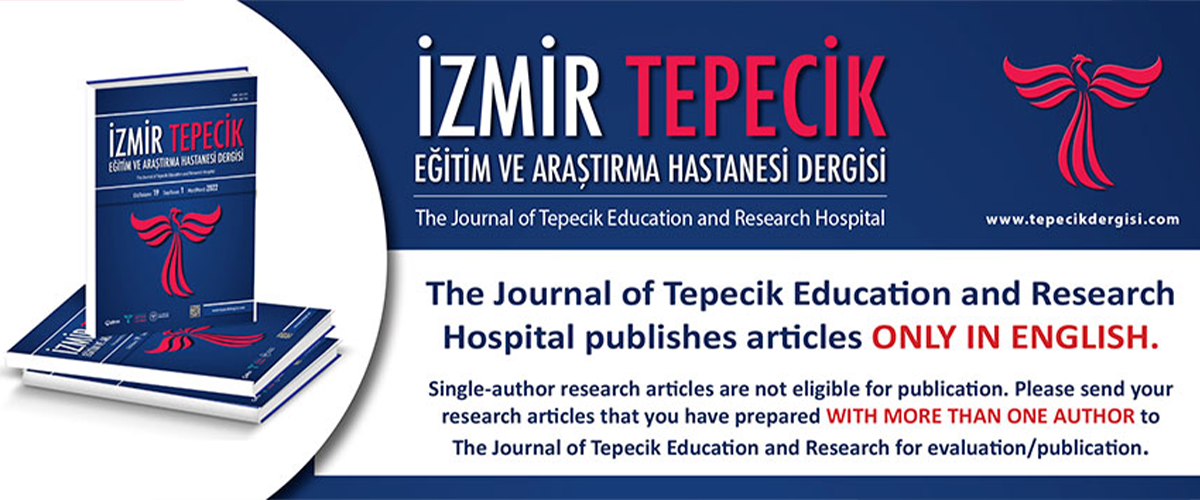








Evaluation of Anti-HCV Positivity in Patients Receiving Inpatient Treatment in a Mental Health Hospital in Turkey
Melis Demirci1, Cem Çınar2, Aslıhan Eslek2, Mustafa Orhan3, Şebnem Şenol Akar41Manisa Mental Health and Diseases Hospital, Clinic of Infection Diseases and Clinical Microbiology, Manisa, Turkey2Manisa Mental Health and Diseases Hospital, Clinic of Psychiatry, Manisa, Turkey
3Manisa Mental Health and Diseases Hospital, Clinic of Medical Microbiology, Manisa, Turkey
4Manisa Celal Bayar University Faculty of Medicine, Department of Infectious Diseases and Clinical Microbiology, Manisa, Turkey
Objective: Chronic hepatitis is the first cause of cirrhosis and liver carcinoma in developed countries, and it is the second cause of these conditions in Turkey. When the epidemiology of hepatitis is examined, its prevalence is 1.5 to 3.5% globally, and only about 1% in Turkey varies according to different geographical regions. We evaluated the prevalence of chronic hepatitis C infection in the psychiatric patient’s group based on sociodemographic data (age, gender, and place of residence).
Methods: We retrospectively analyzed hospitalized patients between January 2016 and January 2018 at the Manisa Psychiatric Hospital, a regional hospital in Turkey. The serological results were analyzed by the ELISA method.
Results: The number of patients included in the study was 10,944. Over the two years, 109 of the hospitalized patients were found to have anti-HCV positivity. The anti-HCV positivity ratio was 0.99%. Of these patients, 87 were men, with anti-HCV positivity of 0.97%. The mean age of anti-HCV-positive patients was 30.17 years (lowest 15, highest 91). And, the highest number of cases was found in 20-to 30-year age group. 58% of patients with anti-HCV positivity resided in the city center and districts. Almost half the patients were in the alcohol and substance addiction treatment.
Conclusion: In psychiatric patients considered a risk group for chronic hepatitis C, routine anti-HCV screening can increase the awareness and diagnostic rates of the disease. Although the prevalence of chronic hepatitis C is similar to that of psychiatric patients and the general population, more comprehensive studies are needed in these patients.
Manuscript Language: English
(397 downloaded)




